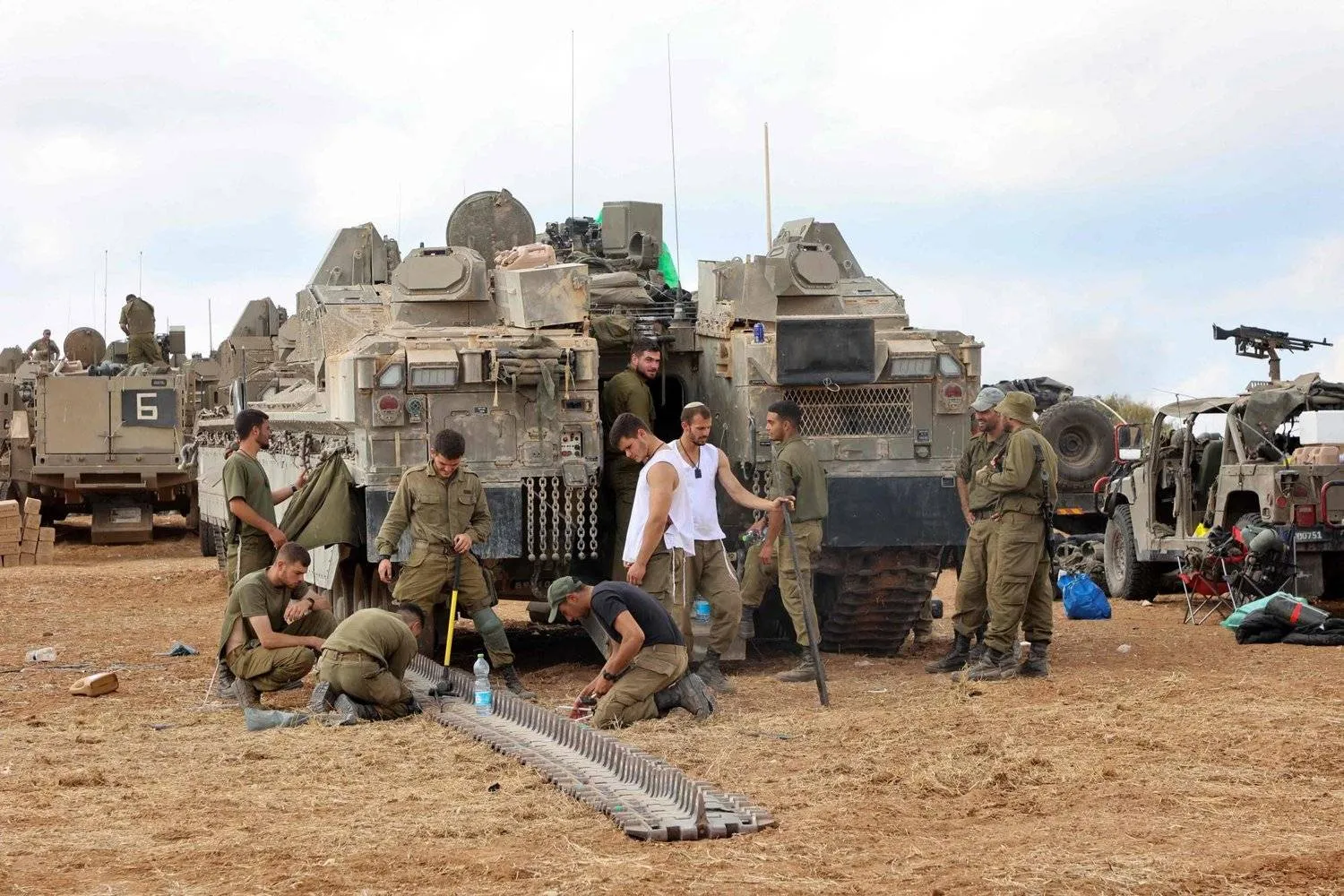The Department of Production and Procurement (DOPP) at the Israeli Defense Ministry announced that last week it has purchased 3,000 tons of munitions and weapons for 6 billion shekels.
It said about half of the equipment were bought from Israeli factories, while the other half arrived from Europe and the United States on 100 cargo planes and five ships.
The Ministry affirmed that the purchases, which came to respond to Israeli needs in the event of a wider war involving Lebanon, include bombs, missiles, radars, drones, vehicles, ambulances, medical equipment and more.
The Department said that some of these purchases had already arrived and were being used.
Additionally, it noted that the Directorate of Defense Research and Development dedicated more than 3 billion shekels for research, development, and armament, covering both defensive and offensive capabilities.
In this regard, the Ministry said it has activated about 651 factories and engaged approximately 57,000 workers who received mobilization orders.
Additionally, it rented approximately 8,500 vehicles, more than 4,000 buses, and over 2,000 trucks, tractors, and heavy machinery for the Israeli military.
The DOPP also noted that the engineering department at the Israeli Army spent some 1 billion shekels to repair military bases and communities on the border that were damaged from the October 7 Hamas attack.
It bought 350,000 tons of equipment and construction materials and hired 100 construction companies to undertake the repair works.
Also, in an attempt to appease angry families over the military's failures, the Ministry’s Rehabilitation Department recognized 712 army personnel as disabled due to injuries, unlike in the past, when every case was carefully studied by a medical committee.
Also, the ministry has decided to continue to accommodate 125,000 people evacuated from almost 100 communities on the border of Lebanon and Gaza, who are staying in hotels and guest houses.
Meanwhile, Israel's Finance Minister Bezalel Smotrich and Defense Minister Yoav Gallant announced that they have agreed to increase the compensation pay given to reservists by 40 percent, in addition to allow a one-time grant of 1,100 shekels for those who served more than 8 days and 2,000 shekels for those who served 14 days or more. They also agreed to pay these sums on a monthly basis.
So far, the war has cost Israel 30 billion shekels, with the US Congress planning to give Israel $14.3 billion in assistance as the Israeli-Hamas war continues.









